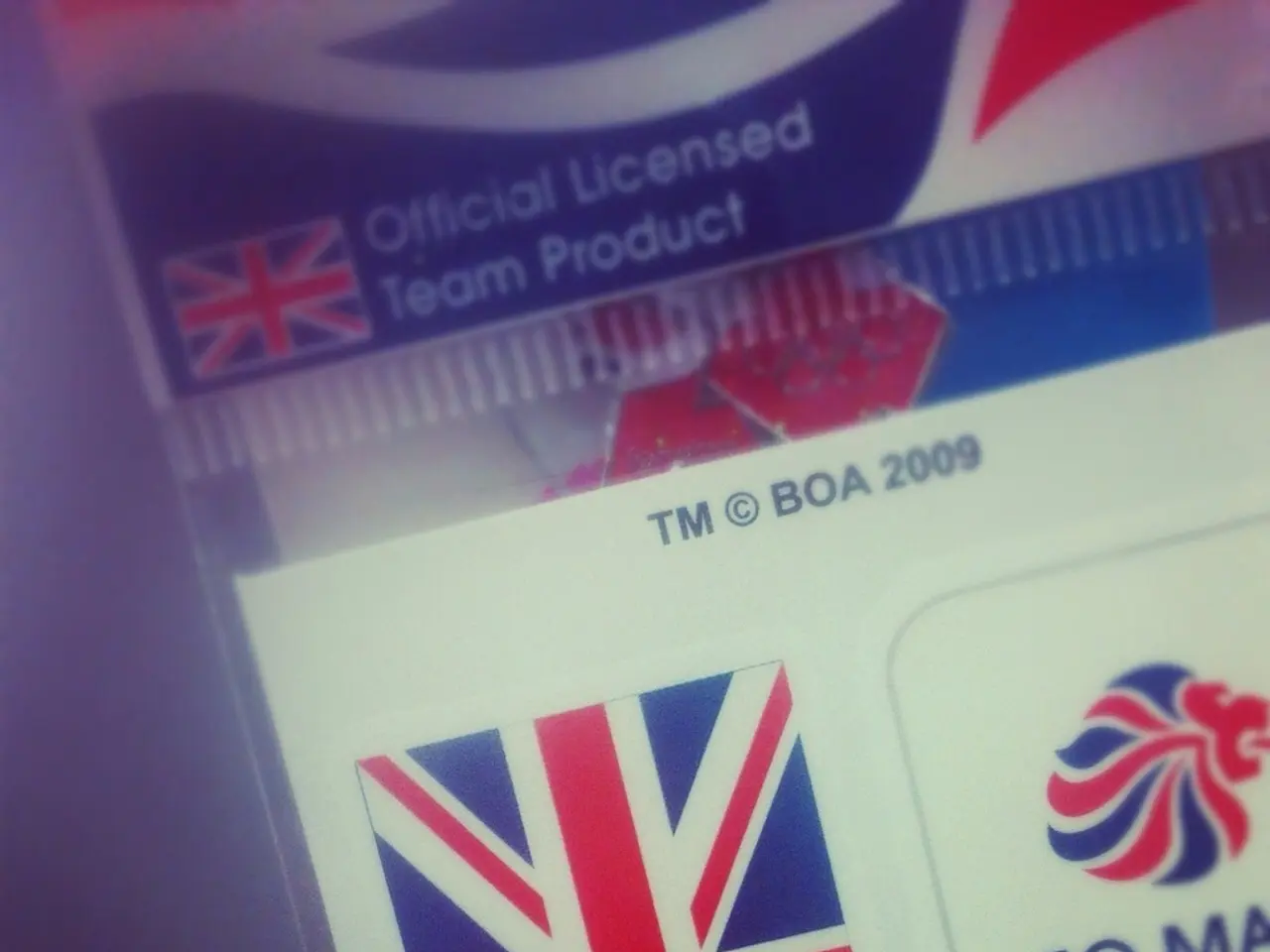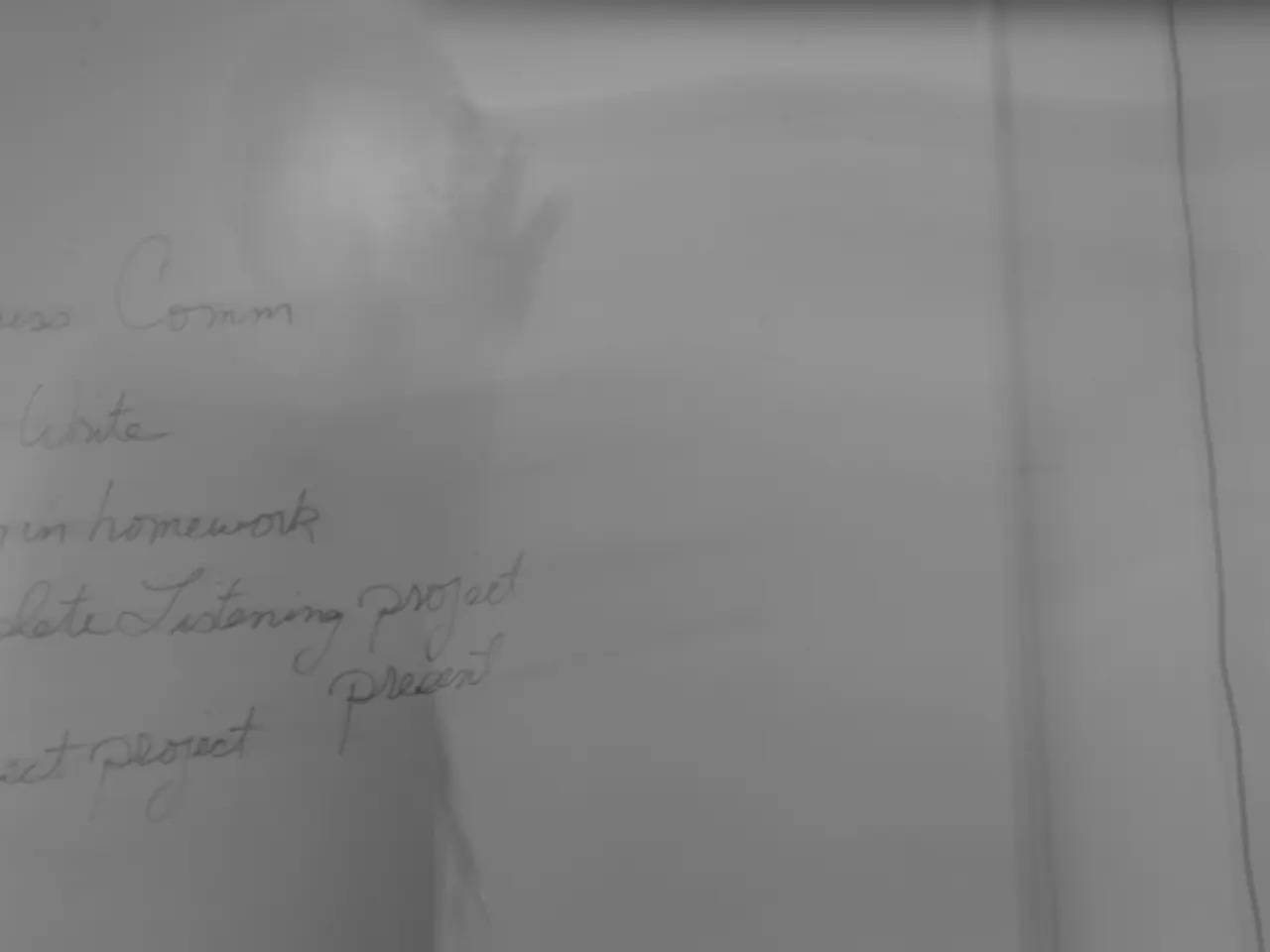Increase in Tariff Fraud Investigations Forecasted by Trade Expert by Two Folds
The Trump administration marked a significant shift in the enforcement of tariff evasion and customs fraud, with the Department of Justice (DOJ) taking a more active role in investigations, prosecutions, and civil actions. This evolution involved both criminal and civil components targeting undervaluation, misclassification, and false country-of-origin claims to evade tariffs imposed by Trump-era trade policies.
Key elements of this enforcement evolution include:
- Formation of specialized enforcement units: The DOJ reassigned personnel to form the Market Integrity and Major Frauds Unit (later expanded and rebranded as the Market, Government, and Consumer Fraud Unit) to focus on tariff evasion and trade fraud investigations.
- Increased use of the False Claims Act (FCA): While traditionally applied in healthcare and government contract fraud, the FCA became an important tool for pursuing customs fraud. The DOJ filed suits alleging concealment or undervaluation of imported goods, false statements, and deception to reduce tariff obligations.
- Whistleblower encouragement: The DOJ expanded its whistleblower programs to incentivize reporting of customs fraud, recognizing that many whistleblowers come from industry competitors aiming for fair competition, not just insiders.
- Notable enforcement examples: The DOJ sued importers like Barco Uniforms for undervaluation via double-invoicing and false entry summaries, with third-party auditors warning of tariff miscalculations ignored by the companies.
- Policy background: These efforts reflect an administration-level prioritization, with tariff evasion identified as one of the top corporate enforcement priorities by DOJ leadership in 2025. The enforcement ramp-up was partly reactive to the trade tariffs imposed during the Trump administration that created incentives for evasion.
Regarding the Modified Delivery Duty Paid (MDDP) term, the focus is primarily on tariff evasion through misclassification, undervaluation, and false country-of-origin claims, enforced via criminal investigations and FCA civil suits. Alston, a customs consultant and advisor to the administration, has identified MDDP as a new evasion tactic for tariff circumvention.
In summary, the Trump administration era marked a shift where DOJ substantially increased tariff and customs fraud enforcement, relying heavily on the FCA and creating dedicated units, while also fostering whistleblower involvement to curb evasion schemes. This represents a significant evolution in U.S. customs compliance enforcement strategy at the intersection of trade tariffs and fraud law.
Moreover, Alston's statements indicate that the Customs and Border Protection (CPB) is closely scrutinizing import documents for potential tariff evasion tactics like MDDP. Alston's remarks highlight the critical role of all parties in a transaction in maintaining compliance with customs regulations. Alston warns that allowing someone else to be the importer of record is fraudulent and implicates all parties involved in the transaction. Customs brokers can help importers understand the potential consequences of misinterpretations on customs documents.
- The shift in enforcement during the Trump administration extended beyond general-news topics, as politics also influenced the Department of Justice (DOJ) to intensify investigations and prosecutions related to tariff evasion and customs fraud, a component of the supply chain.
- The evolution in customs regulations and enforcement strategies, as seen during the Trump administration, demonstrated a unique fusion of crime-and-justice and sports industries, as the implementation of trade tariffs led to increased attempts at circumvention, necessitating stricter enforcement measures.







